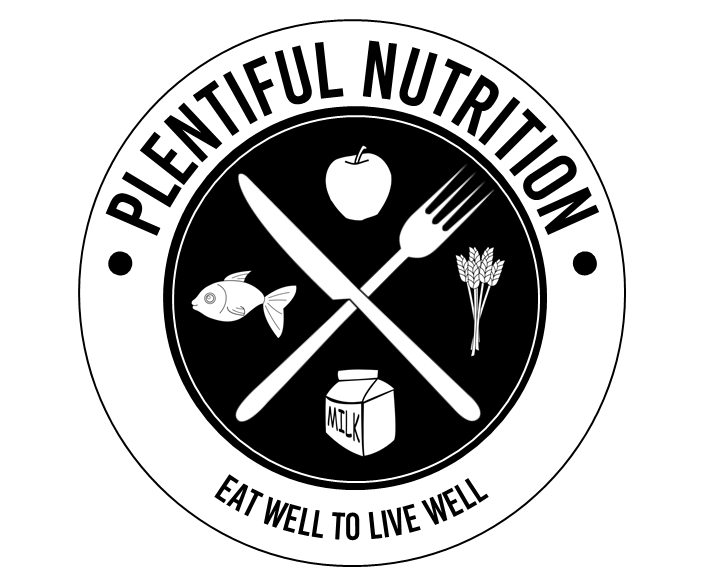Antioxidant /antɪˈɒksɪd(ə)nt/ noun A chemical compound or substance that inhibits oxidation.
The word antioxidant is often thrown around in the media; however, I wonder how many people actually know what is meant by an antioxidant. As a result I thought I would give a brief explanation of the significance of free radicals in our diets and show eating a varied diet will provide you with all that your body needs.
Antioxidants work by neutralizing chemicals called free radicals (unstable molecules), produced by oxidation in the human body. These chemicals have been linked to diseases such as heart and liver disease and cancer. The body is able to deal with a small amount of free radicals, however the damage caused by an overload of free radicals can be irreversible. Cigarette smoking, pollution, radiation, pesticides, unhealthy processed foods, and excessive endurance exercise all increase the production of free radicals. In the case of excessive endurance exercise the body actually adapts to remove the excess free radicals so that they don't cause any problems, but this adaptation does not occur for any other factors that increase free radical production.
Good sources of specific antioxidants include:
Allium sulphur compounds – leeks, onions and garlic
Anthocyanins – eggplant, grapes and berries
Beta-carotene – pumpkin, mangoes, apricots, carrots, spinach and parsley
Catechins – red wine and tea
Copper – seafood, lean meat, milk and nuts
Cryptoxanthins – red capsicum, pumpkin and mangoes
Flavonoids – tea, green tea, citrus fruits, red wine, onion and apples
Indoles – cruciferous vegetables such as broccoli, cabbage and cauliflower
Isoflavonoids – soybeans, tofu, lentils, peas and milk
Lignans – sesame seeds, bran, whole grains and vegetables
Lutein – green, leafy vegetables like spinach, and corn
Lycopene – tomatoes, pink grapefruit and watermelon
Manganese – seafood, lean meat, milk and nuts
Polyphenols – thyme and oregano
Selenium – seafood, offal, lean meat and whole grains
Vitamin A – liver, sweet potatoes, carrots, milk, and egg yolks
Vitamin C – oranges, blackcurrants, kiwifruit, mangoes, broccoli, spinach, capsicum and strawberries
Vitamin E – vegetable oils (such as wheatgerm oil), avocados, nuts, seeds and whole grains
Zinc – seafood, lean meat, milk and nuts
Zoochemicals – red meat, offal and fish. Also derived from the plants animals eat
So one of the biggest questions to ask is how much is enough and can you have to much? One of the best examples to illustrate this is red wine. One glass of red wine a day provides a great source of antioxidants and therefore may help to inhibit the development of certain cancers. However, any more than this will have the opposite effect, leaving you more susceptible to some chronic diseases. The recommended consumption of antioxidants can be reached by consuming a varied diet with at least 5 serves of vegetables, 2 serves of fruit and 3-5 serves (depending on your level of activity) of whole grains each day.


so informative love it!
ReplyDelete